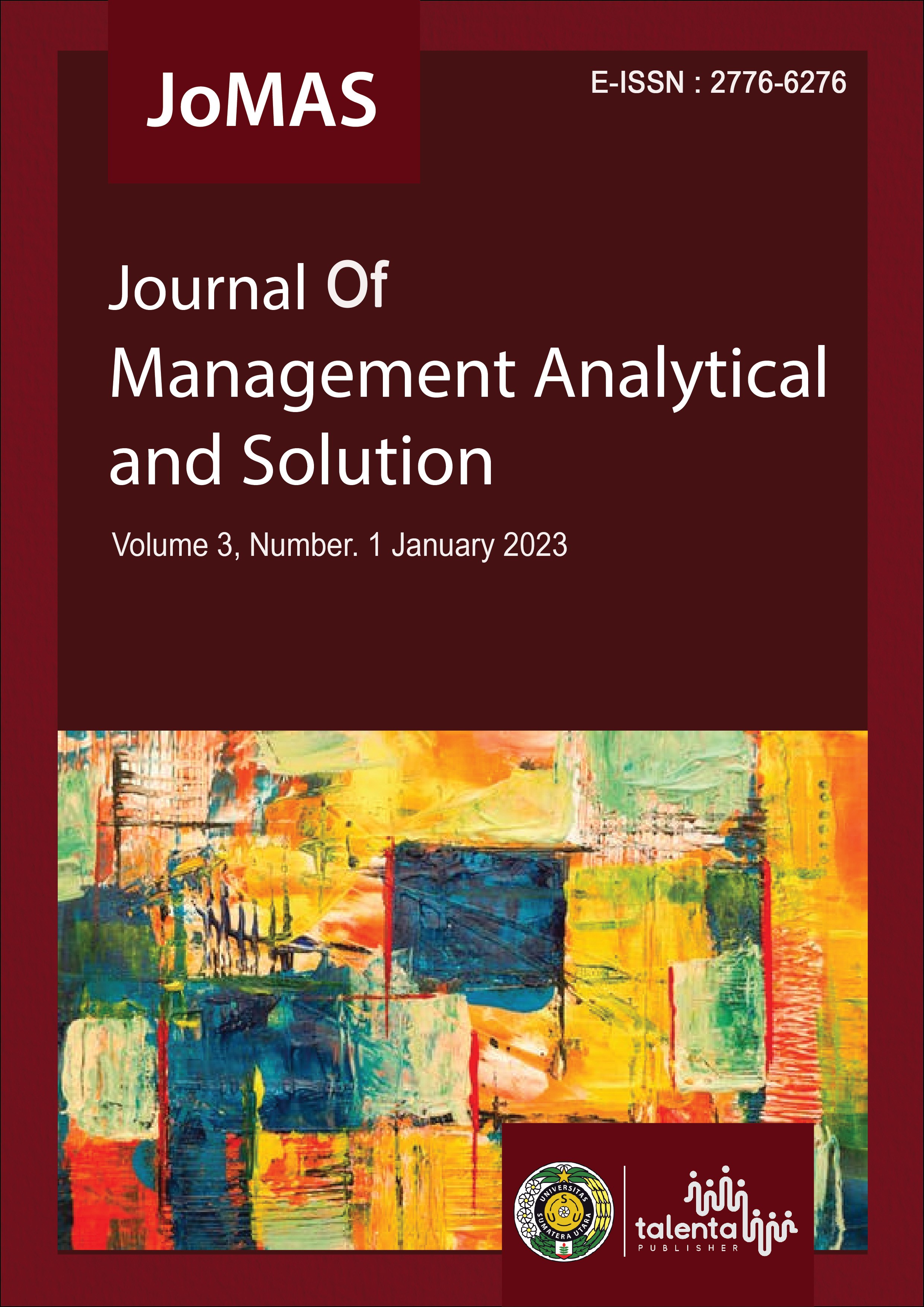Impact of COVID-19 in Malaysia Economy from Perspectives of Demand, Supply and Games Theory
DOI:
https://doi.org/10.32734/jomas.v3i1.10592Keywords:
COVID-19, Demand, Games Theory, Malaysia, Microeconomics, Supply.Abstract
The COVID-19 also known as coronavirus pandemic, is an ongoing pandemic caused by severe acute respiratory syndrome coronavirus 2 (SARS-CoV-2). As latest update, 13th December 2022, 650 million cases have been reported worldwide, with nearly 6.65 million deaths recorded so far. It is expected the cases will be increased in the future. With pandemic COVID-19 still ongoing, the cases keep increasing, it has affected economies globally, including Malaysia. In Malaysia, from microeconomics perspective, COVID-19 has led to a surge in demand for healthcare particularly face masks. Tremendous demand for face masks leads to government-imposed price control, which government enforced price ceiling for face masks. Furthermore, panic buying in Malaysia is led to disruption in demand and supply distribution systems. This kind of behaviour related to game of theory in microeconomics point of view that indirectly contribute to disruption in demand and supply, which leads to bullwhip effect in Malaysia.
Downloads
Downloads
Published
Issue
Section
License
Copyright (c) 2023 Journal Of Management Analytical and Solution (JoMAS)

This work is licensed under a Creative Commons Attribution-ShareAlike 4.0 International License.














